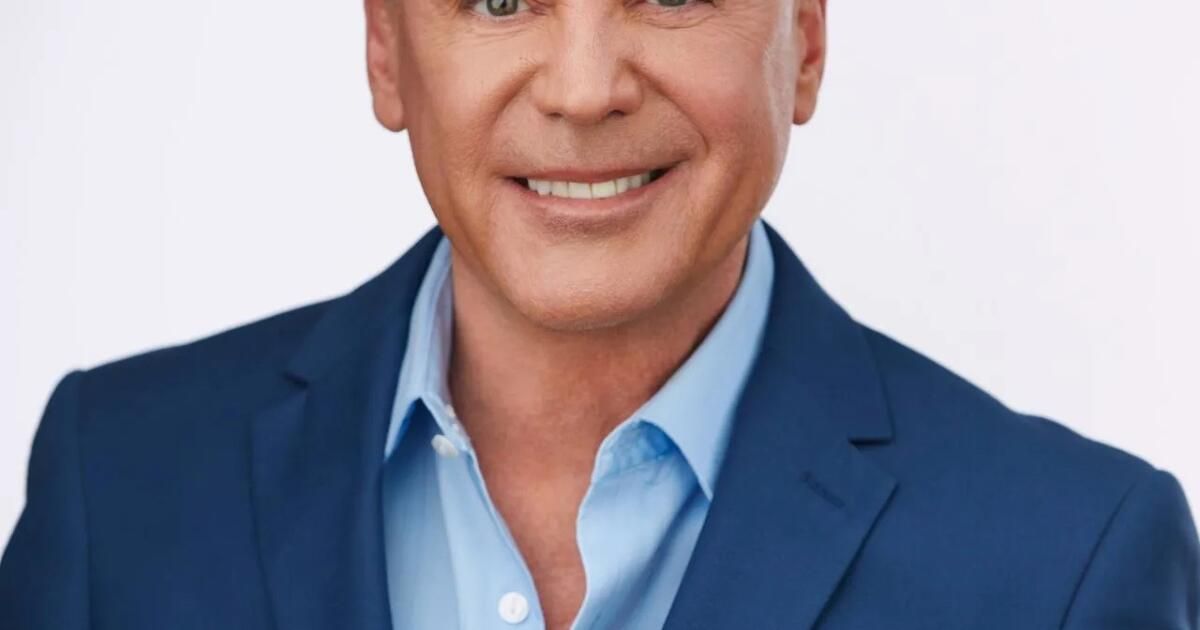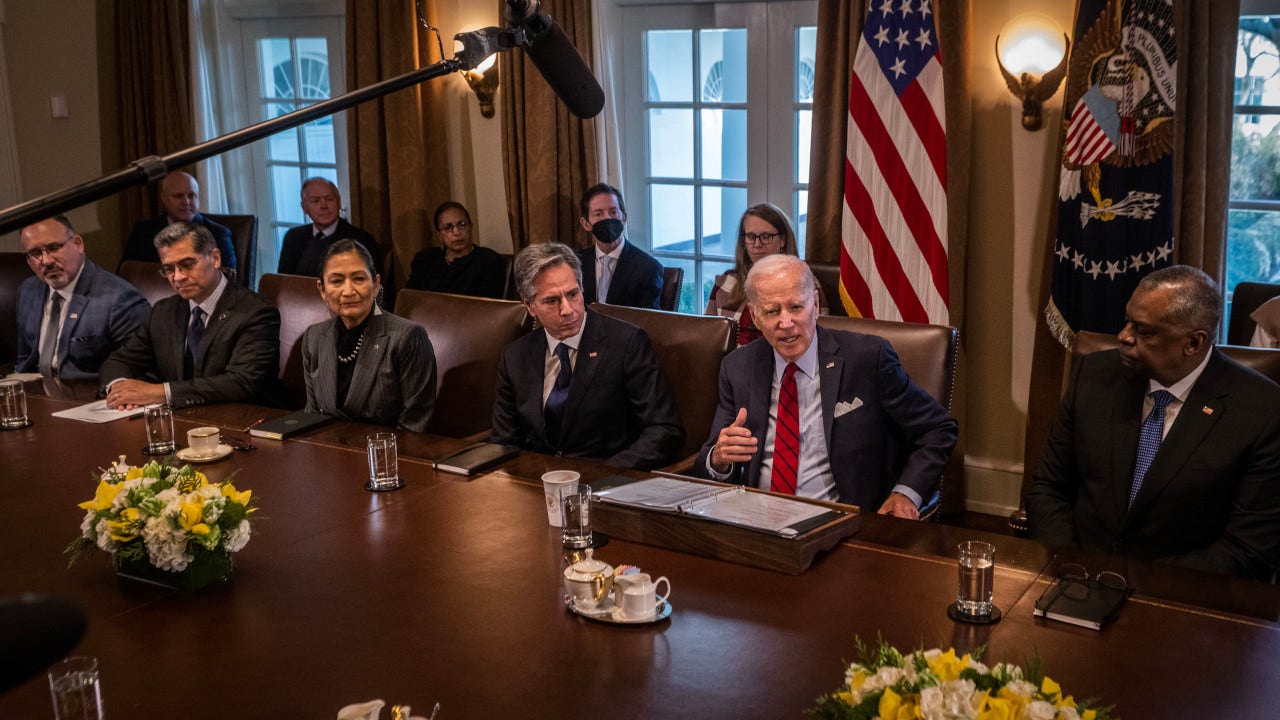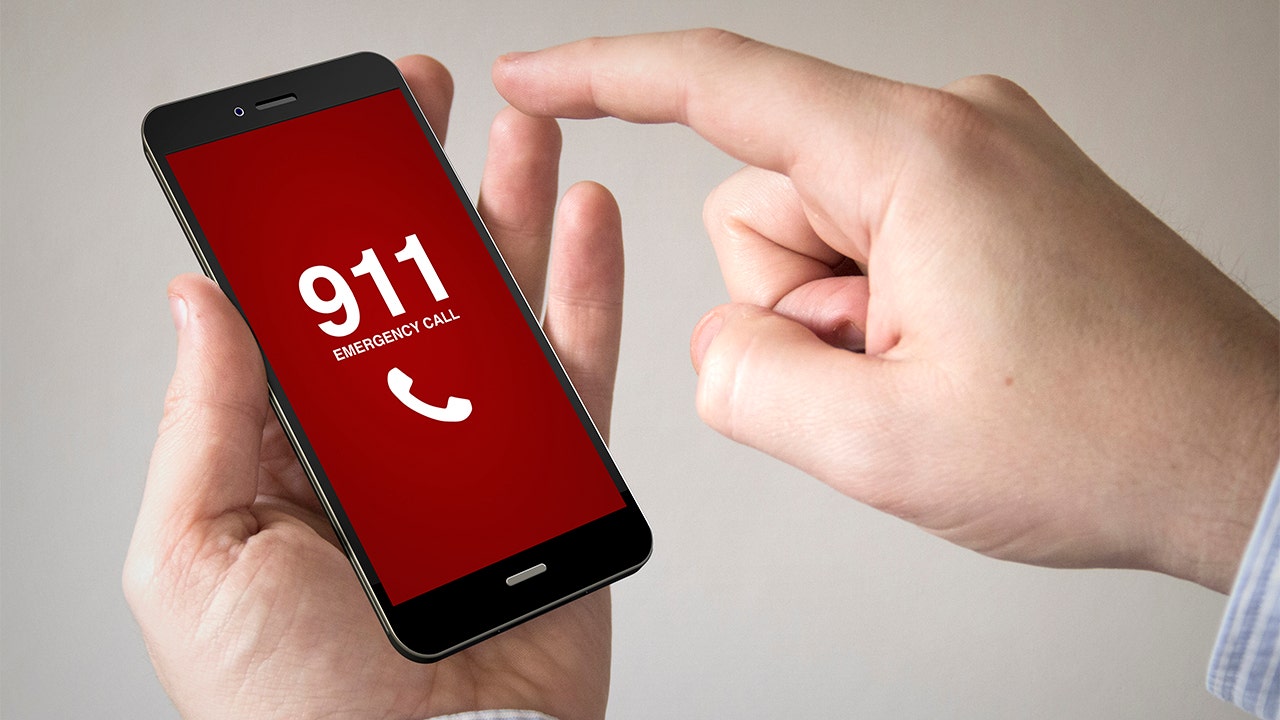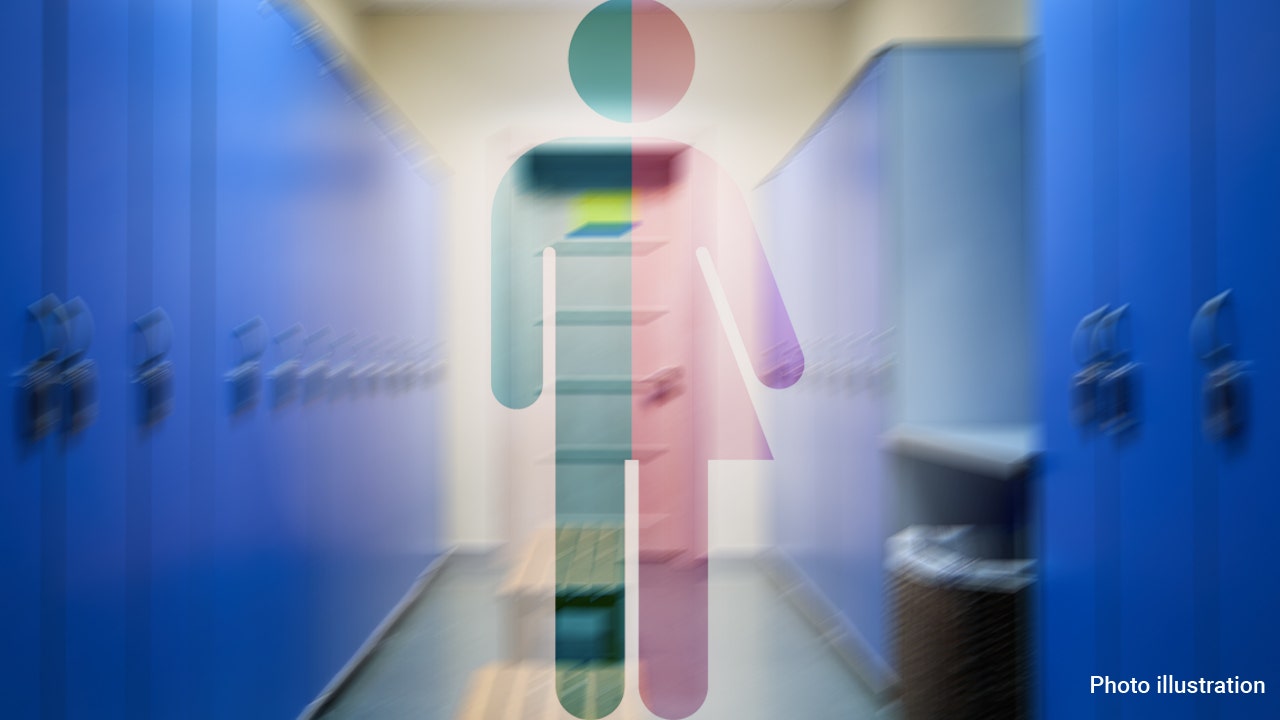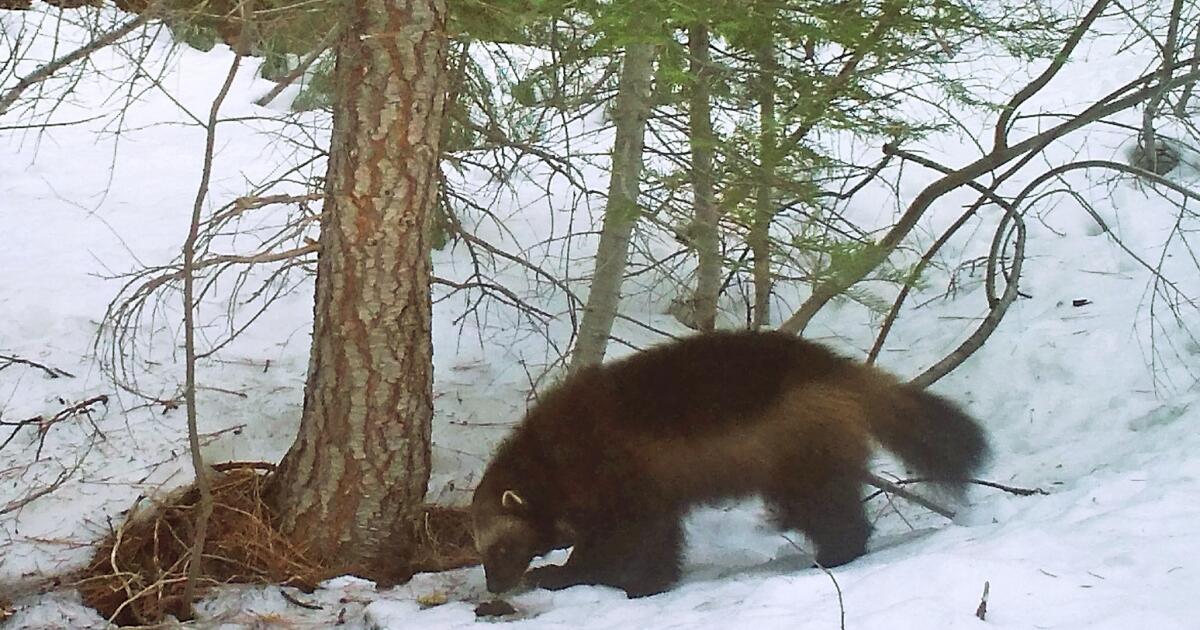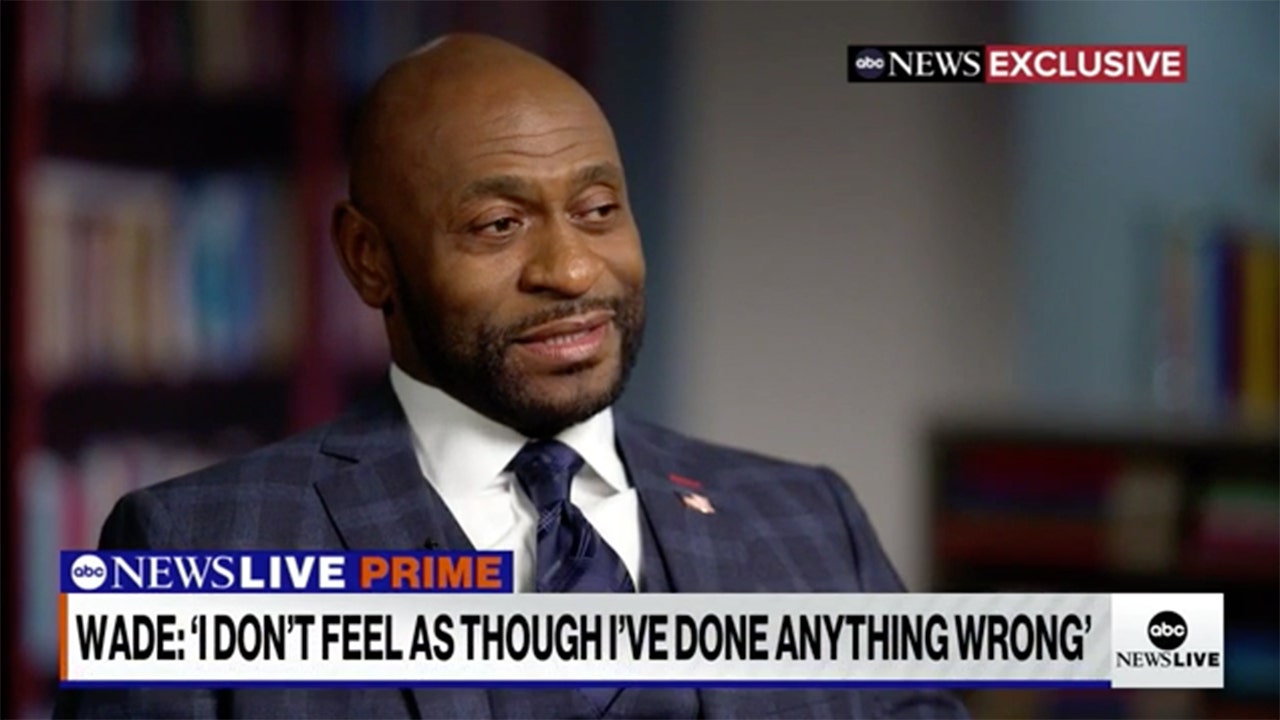KTLA “Morning News” meteorologist Mark Kriski is recovering after suffering a stroke, just weeks after his on-air colleague Sam Rubin died of a heart attack.
The local television station reported the news about Kriski in a social media post on Wednesday, saying he had had a “mild stroke” earlier this week and that the veteran reporter and nine-time Emmy winner was recovering.
“Mark contacted us earlier on Wednesday and we are happy to report that he is in good spirits,” KTLA Channel 5 wrote. “He also wanted to thank everyone who stopped by.”
Kriski's wife, Jennifer Gould, told TMZ that the veteran meteorologist suffered the stroke early Monday morning at his Los Angeles home.
She told the outlet that he was hospitalized but was recovering.
KTLA wrote: “All of us at KTLA are thinking about Mark and his family right now and hope to see you soon.”
Kriski's health problem comes immediately after the death of KTLA colleague Rubin.
Veteran entertainment reporter Rubin died May 10 after going into cardiac arrest at his West Valley home. Rubin was taken to a hospital, where he was pronounced dead. He was 64 years old.
Rubin's death devastated the tight-knit KTLA team and the reporter's fans.
Kriski and Rubin joined KTLA's “Morning News” in 1991, where they spent more than 30 years as on-air colleagues.
A day after Rubin’s death, Kriski wrote on social media platform X: “There will never be another Sam Rubin. I love you and I will miss you, my friend.”
The publication is accompanied by photographs of the program's personalities together, recently and in their early days.
At the time of Rubin's death, founding co-host Carlos Amezcua described him as “the connective tissue” that helped him, weather forecaster Kriski and co-host Barbara Beck reach their intended audience.
Kriski suffered a serious illness in 2011, when he was out of commission for several months after contracting pneumonia followed by a hospital-borne “super bug” that landed him in the intensive care unit.
As he prepared to return to work, Kriski told The Times that the illness was “a life-or-death experience that has given me a new perspective: On the one hand, this was the worst thing that has ever happened to me in my life. On the other hand, it's the best thing that's ever happened to me.
“You really start to appreciate the little things in life.”

